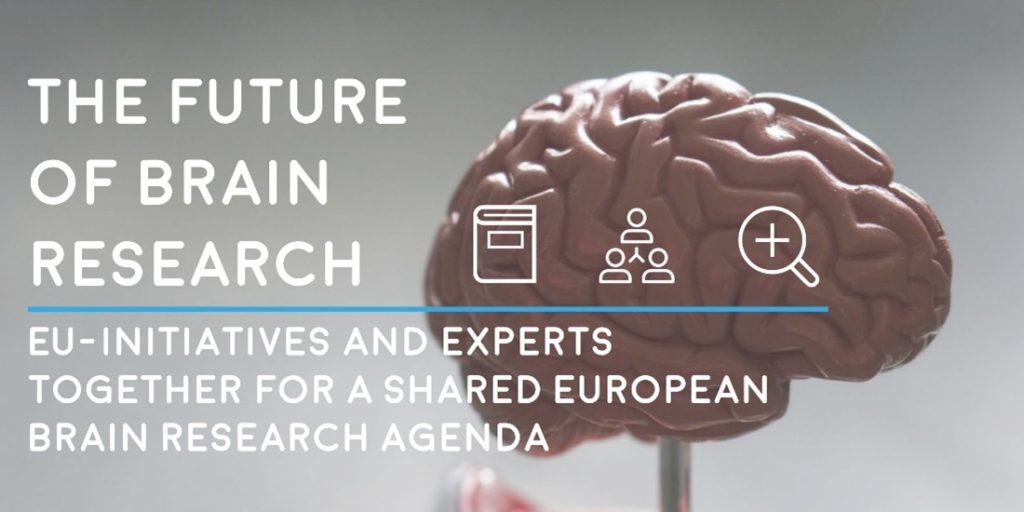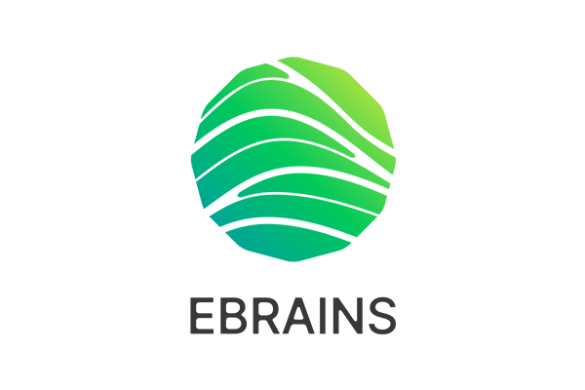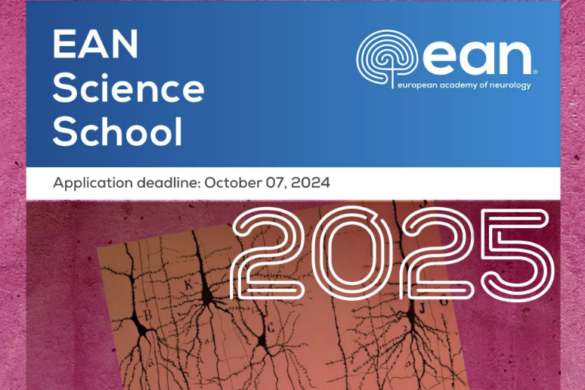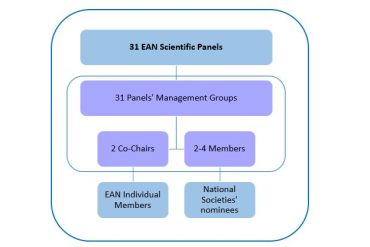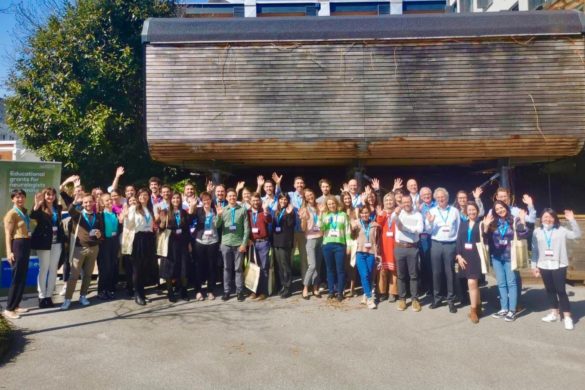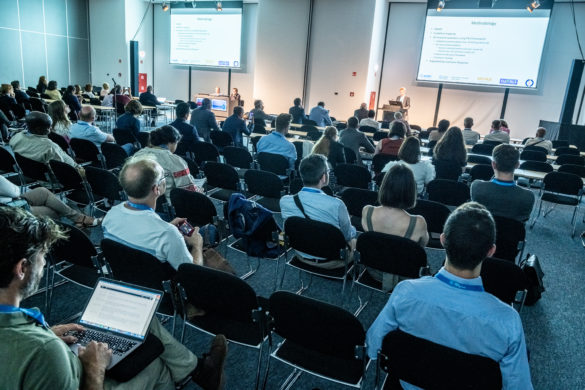In late 2019, the European Brain Council (EBC) launched the development of the Shared European Brain Research Agenda (SEBRA).
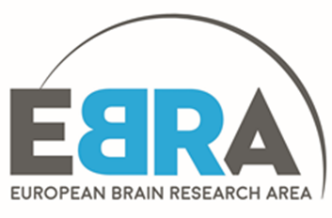
SEBRA is framed within the European Brain Research Area* (EBRA) project, an EU-funded (Horizon 2020) catalysing initiative for brain research stakeholders (researchers, clinicians, patients, governments, funders and public institutions) to streamline and better coordinate brain research across Europe – while fostering global initiatives – with the goal to maximize cooperation and reduce overlap and fragmentation. It brings together 4 key players in the brain space: the European Brain Council, the ERA-NET NEURON, the EU Joint Programme – Neurodegenerative Disease Research (JPND) and the Human Brain Project (HBP).
The aim of SEBRA is to identify research opportunities and research and innovation gaps to be addressed in the field and to provide recommendations on future areas for excellent, innovative and translational brain research in Europe. SEBRA covers all brain research fields and brain disorders, including both psychiatric and neurological disorders and will serve as a framework to guide future brain research investments in Europe. Such a framework allows to:
- Increase the impact of brain research;
- Advance basic, translational and clinical brain research;
- Improve the lives of persons with brain disorders;
- Enable brain innovation; and
- Address societal and economic challenges in Europe and globally.
SEBRA integrates pre-existing documents, such as the Strategic Research Agenda of the different initiatives participating in EBRA (for instance, the JPND and NEURON agendas and HBP strategic plan 2020-2023) and the EBC Consensus Statement. It also includes input from brain research experts, including basic, translational and clinical neuroscientists, psychiatrists and neurologists and expert patients/patient representatives. These brain research experts were recommended by partners and EBC members involved as third parties in the EBRA project: European Academy of Neurology (EAN); European Psychiatric Association (EPA), GAMIAN-Europe, European Federation for Neurological Associations (EFNA), Federation of European Neuroscience Societies (FENS), International Federation of Clinical Neurophysiology (IFCN), European College of Neuropharmacology (ECNP), and the International Brain Research Organization (IBRO). All were consulted through 2 surveys in which they were asked to identify priority areas and gaps in brain research, as well as to list potential enabling actions to address those.
On the 25th of November 2020, the experts came together in a dedicated virtual SEBRA workshop. The aim of this workshop was to further build on the results of the surveys and to build consensus on the most pressing priorities, gaps and enabling actions needing to be addressed at the European level. The following priority themes were discussed in more detail:
- Multi-scale/level understanding of the brain and related disorders
- Closing the translational gap
- Understanding the brain and related disorders throughout the lifetime
- Personalized and precision medicine
- Society and ethics
- Innovation and technology.
On the 26th of November 2020, the main outcomes of the first day’s discussion and consensus were presented to a broader group of experts and to the EBRA partners.
Coming up in 2021, an online consultation will be set up to gather feedback and perspectives on SEBRA from the broader brain research community. This will be widely communicated via the networks and activities (e.g., congresses, meetings, and workshops) of EBRA’s partners and EBC’s members.
Eventually, EBRA will be promoted at the global level. Connections will be made with regional and international brain research stakeholder networks, including: The International Brain Initiative (IBI); US BRAIN, Japanese Brain and Korean Brain Initiatives; the World Health Organization (WHO) and the OECD Working Party on Biotechnology, Nanotechnology, and Converging Technologies (BNCT). Dialogues will be fostered for the development of a global brain research agenda and societal and economic challenges will be addressed.
*The EBRA project has received funding from the European Union’s Horizon 2020 research and innovation programme under grant agreement No 825348

